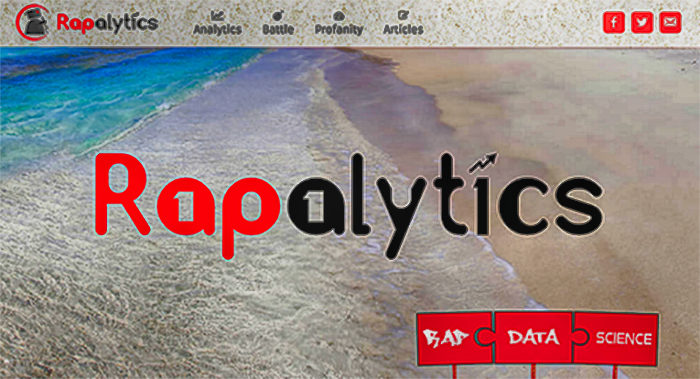PhD proposal: Lyrics Augmented Multi-modal Music Recommendation, 1pm 10/30

Lyrics Augmented Multi-modal
Music Recommendation
Abhay Kashyap
1:00pm Friday 30 October, ITE 325b
In an increasingly mobile and connected world, digital music consumption has rapidly increased. More recently, faster and cheaper mobile bandwidth has given the average mobile user the potential to access large troves of music through streaming services like Spotify and Google Music that boast catalogs with tens of millions of songs. At this scale, effective music recommendation is critical for music discovery and personalized user experience.
Recommenders that rely on collaborative information suffer from two major problems: the long tail problem, which is induced by popularity bias, and the cold start problem caused by new items with no data. In such cases, they fall back on content to compute similarity. For music, content based features can be divided into acoustic and textual domains. Acoustic features are extracted from the audio signal while textual features come from song metadata, lyrical content, collaborative tags and associated web text.
Research in content based music similarity has largely been focused in the acoustic domain while text based features have been limited to metadata, tags and shallow methods for web text and lyrics. Song lyrics house information about the sentiment and topic of a song that cannot be easily extracted from the audio. Past work has shown that even shallow lyrical features improved audio-only features and in some tasks like mood classification, outperformed audio-only features. In addition, lyrics are also easily available which make them a valuable resource and warrant a deeper analysis.
The goal of this research is to fill the lyrical gap in existing music recommender systems. The first step is to build algorithms to extract and represent the meaning and emotion contained in the song’s lyrics. The next step is to effectively combine lyrical features with acoustic and collaborative information to build a multi-modal recommendation engine.
For this work, the genre is restricted to Rap because it is a lyrics-centric genre and techniques built for Rap can be generalized to other genres. It was also the highest streamed genre in 2014, accounting for 28.5% of all music streamed. Rap lyrics are scraped from dedicated lyrics websites like ohhla.com and genius.com while the semantic knowledge base comprising artists, albums and song metadata come from the MusicBrainz project. Acoustic features are directly used from EchoNest while collaborative information like tags, plays, co-plays etc. come from Last.fm.
Preliminary work involved extraction of compositional style features like rhyme patterns and density, vocabulary size, simile and profanity usage from over 10,000 songs by over 150 artists. These features are available for users to browse and explore through interactive visualizations on Rapalytics.com. Song semantics were represented using off-the-shelf neural language based vector models (doc2vec). Future work will involve building novel language models for lyrics and latent representations for attributes that is driven by collaborative information for multi-modal recommendation.
Committee: Drs. Tim Finin (Chair), Anupam Joshi, Pranam Kolari (WalmartLabs), Cynthia Matuszek and Tim Oates
Posted: October 29, 2015, 3:05 PM